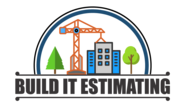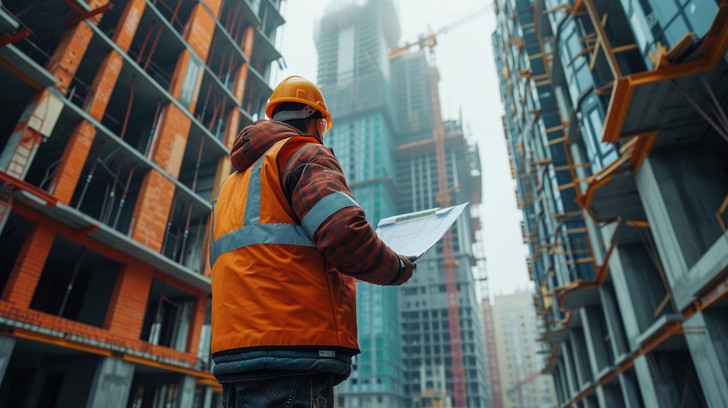Building a home is a significant investment, and understanding the associated costs is crucial for successful planning. A home building cost estimator can provide valuable insights into the potential expenses involved.
How a Home Building Cost Estimator Works:
- Input Project Details: Provide information about your project, such as location, size, desired features, and construction type.
- Receive Estimated Costs: The estimator will generate a breakdown of potential expenses, including land costs, construction costs, permits, and fees.
- Analyze Results: Review the estimated costs and compare them to your budget.
- Make Adjustments: If necessary, adjust your plans to align with your budget or explore alternative options.
Key Points
- Accurate Cost Estimation: A home building cost estimator provides a realistic estimate of potential expenses, helping you set a budget and avoid financial surprises.
- Informed Decision-Making: By understanding the costs involved, you can make informed decisions about design, materials, and features.
- Budget Planning: A cost estimator helps you allocate funds effectively and ensure that your project stays within budget.
- Risk Mitigation: It can help identify potential risks and allow you to plan accordingly.
Factors Affecting Building Costs:
- Location: Geographic location plays a significant role. Land prices, labor rates, and material availability vary widely between regions.
- Size and Design: The size and complexity of your home directly affect the cost. Larger homes with intricate designs require more materials, labor, and time.
- Materials: The quality and type of materials chosen impact the overall cost. High-end materials, such as premium flooring and fixtures, can increase expenses.
- Labor: The cost of labor varies depending on location, skill level, and the project’s complexity.
- Permits and Fees: Obtaining necessary permits and paying associated fees contribute to the total cost.
- Hidden Costs: Be aware of potential hidden costs, such as unexpected site conditions, changes in plans, or unforeseen delays.
Benefits of Using a Home Building Cost Estimator:
- Avoid Financial Surprises: A cost estimator can help you anticipate potential expenses and avoid unexpected costs.
- Make Informed Decisions: By understanding the costs involved, you can make informed decisions about design, materials, and features.
- Stay Within Budget: A cost estimator can help you allocate funds effectively and prevent overspending.
- Reduce Stress: Knowing the potential costs can help reduce stress and anxiety during the home building process.
Additional Considerations:
- Accuracy: While home building cost estimators provide a good approximation, it’s important to consult with professionals for more accurate estimates.
- Regional Variations: Costs can vary significantly between regions due to differences in land prices, labor rates, and material availability.
- Hidden Costs: Be prepared for potential hidden costs, such as unexpected site conditions, changes in plans, or unforeseen delays.
- Contingency Planning: Allocate a portion of your budget for unexpected expenses to ensure a smooth construction process.
Conclusion:
A home building cost estimator is an essential tool for anyone planning to build a home. By using a cost estimator effectively, you can make informed decisions, stay within budget, and reduce stress throughout the home building process.

